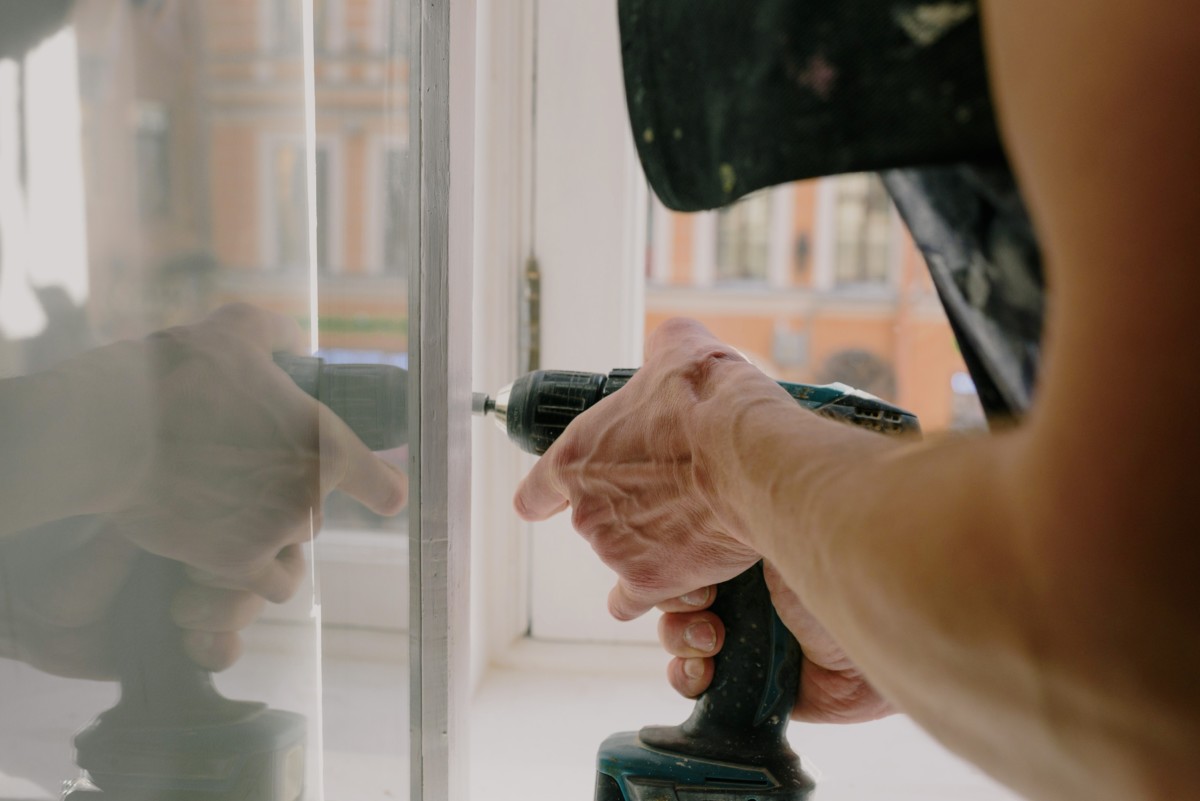An Extensive Guide to Tenant Rights and Landlord Obligations
Introduction
In the sweltering heat of summer, a functioning air conditioning system is not merely a luxury; it’s a necessity. But what happens when the AC unit in your rental property malfunctions, leaving you and your family drenched in sweat and discomfort? How long does the landlord have to respond and fix the issue? Understanding your rights as a tenant and the landlord’s legal obligations is crucial to ensure prompt repairs and a comfortable living environment.

Image: survey1inc.com
State Laws and Implied Warranty of Habitability
The specific time frame within which a landlord is required to fix air conditioning varies from state to state. However, most jurisdictions have laws in place that protect tenants against uninhabitable living conditions, including lack of adequate cooling. The “implied warranty of habitability” is a legal doctrine that imposes an obligation on landlords to maintain rental properties in a habitable condition, which includes providing essential services like working air conditioning during the summer months.
Reasonable Time for Repairs
In the absence of specific state laws defining a time frame for AC repairs, courts typically apply a “reasonable time” standard. This means the landlord has a duty to act promptly to address the issue, taking into account factors such as:
- The severity of the problem
- The availability of qualified technicians
- The weather conditions
- The impact on the tenant’s health and well-being
In general, a few days or up to a week is considered a reasonable time for most AC repairs. However, if the landlord fails to act within a reasonable period, the tenant may have legal recourse.
Tenant’s Responsibilities
While landlords are obligated to maintain habitable living conditions, tenants also have certain responsibilities. Before reporting an AC issue, tenants should:
- Check the thermostat and ensure it’s set to a reasonable temperature.
- Replace or clean the air filters.
- Clear any obstructions around the outdoor AC unit.
- Inform the landlord promptly upon noticing any problems.

Image: www.azibo.com
Legal Remedies for Tenants
If the landlord fails to fix the air conditioning within a reasonable time, tenants have several legal options available to them:
-
Rent Withholding:
Some states allow tenants to withhold rent payments if the landlord breaches the implied warranty of habitability. However, rent withholding is not recommended without legal guidance as it can have serious consequences if not done correctly.
-
Repair and Deduct:
Under certain circumstances, tenants may be entitled to hire a repair technician and deduct the cost from their rent. Again, it’s essential to seek legal advice before taking this action.
-
File a Complaint:
Tenants can file a complaint with the local housing authority or code enforcement agency. These agencies have the power to inspect rental properties and issue citations or fines if the landlord fails to meet minimum habitability standards.
Importance of Clear Communication
Clear and timely communication is key in resolving AC issues efficiently. Tenants should promptly notify the landlord of any problems and provide specific details about the malfunction. Landlords, on the other hand, should respond promptly and schedule repairs as soon as possible. By maintaining open communication and working together, both parties can ensure that tenants have a comfortable and habitable living environment during the summer months.
How Long Does Landlord Have To Fix Air Conditioning
Conclusion
Understanding the landlord’s timeline for fixing air conditioning and your rights as a tenant can empower you to address AC issues promptly and effectively. Remember, every state’s laws may vary, so it’s advisable to consult with local legal or housing authorities for specific information. By staying informed and seeking legal guidance when necessary, you can ensure that your rental property remains a comfortable and safe haven from the summer heat.